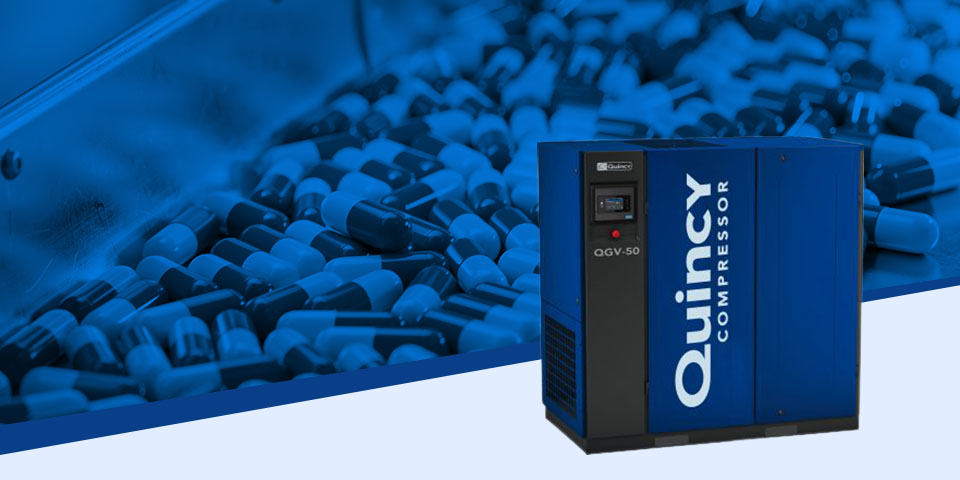Contents
Specific gravity
Specific gravity, or relative density, is a ratio comparing a substance’s density to the density of a standard, which is water for liquids or standard dry air at sea level for gases.
Since specific gravity is a ratio, a specific gravity of 1 would mean that a substance has the same density as the reference. A value less than one is less dense, and a value greater than 1 is more dense than the reference.
This metric helps you predict how a fluid or gas will behave in a system compared to a standard reference point. The specific gravity affects areas like flow, pressure and the energy required to operate.
FAQs
If a compressor compresses a gas other than standard dry air, it will need a different design that accounts for the variations between the gas being compressed and air. Most compressors compress air, so the gas specific gravity shouldn’t vary significantly. However, variations in humidity and temperature could change the air’s density, giving it a specific gravity value that varies from 1.
Specific gravity also matters for the fluids used in rotary screw compressors, because a higher value means the fluid is denser. A higher density means the compressor will need more power to move and compress air.
To calculate specific gravity, you must know the standards used. The standard for water is a density of 64.4 lb/ft3 at 60°F. The value for air is 0.765 lb/ft3 at 60°F and 1 atm.
Specific gravity is a ratio, so you can get it by dividing the density of the gas or liquid by the reference standards given above. Here’s the equation:
Specific gravity = density of a gas or liquid / density of the reference gas or liquid
For example, compressor oil might have a density of 54.3 lb/ft3. When you divide that value by the standard for water (64.4 lb/ft3), you get a specific gravity of 0.87. This value means that the oil is 87% as dense as water.
You can use a similar process for a gas. For example, let’s say you want to figure out the specific gravity of methane gas. This gas has a density of 0.043 lb/ft3 in standard conditions. Divide by the standard for air (0.0765 lb/ft3) to get a specific gravity of about 0.55. This value shows that methane gas is about 55% as dense as air.
Knowledge of specific gravity helps you choose the correct fluid for a rotary screw compressor. Selecting the wrong fluid gives you a different specific gravity and increases energy use and overheating. It also leads to reduced efficiency and equipment damage.
Machines are designed and built to work with fluids of a particular density. The liquid will change the equipment’s operation if the density varies from the design specifications.
Start by identifying the use case for the liquid or gas, such as lubrication, cooling, sealing or processing. Then, look at the original equipment manufacturer guidelines in an equipment manual or on a manufacturer’s website to ensure your choice is compatible with your compressor model. Compare available options and verify that the one you choose matches the application you plan to use it for. If you’re unsure, you can also ask a compressor expert.
Additional Resources
At Quincy, our goal is to support you and true support means connecting you to resources that best fit your needs.



